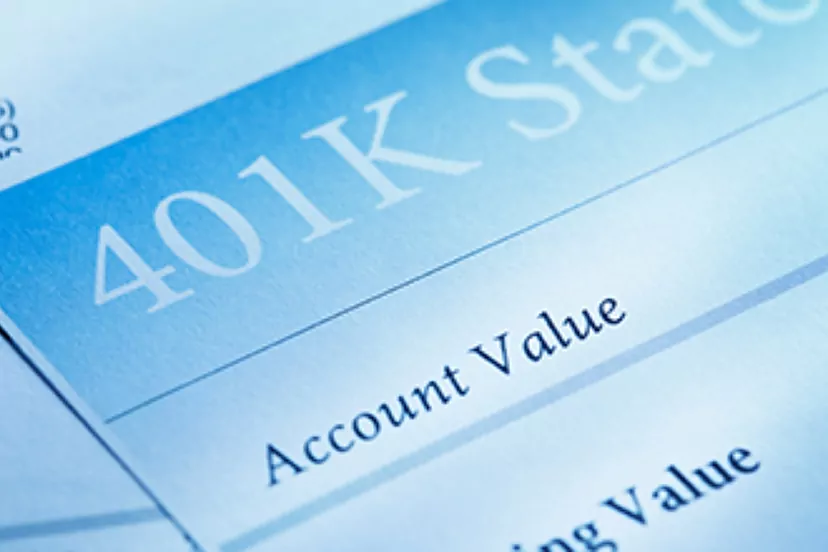American workers have been making contributions to their 401(k) for years to their employers, it is only normal they show concern over the plan’s performance. The 401(k) is the basic retirement plan many workers set up for the time they live are retirees. They can’t spend their entire lives working, some sort of retirement plan needs to be in place for them. We are talking about one of the most important investments a worker can make, it also has its risks involved and not everything will work out the way the worker wants at all times.
How do 401(k) losses take place?
There are many 401(k) plans that are desingned to withstand any substantial loss, but there are some that might take a much more difficult blow. Sometimes, the balabce on these accounts can have a significant drops and you need to be ready for that. These losses can happen if you cashed out your investments during a downturn. They also happen if you are heavily invested in company stock. Another reason is because you are unable to pay back a 401(k) loan. And finally, they can also happen when you quit your job before you own the company match.
In order to grow the 401(k) balance, you must be aware of the risks and take the steps that will help you mitigate them. There are ways to avoid setbacks from the ways the 401(k) money can be lost sometimes, not all hope is lost when this happens. When you switch investments in a 401(k) to cash, don’t get scared and withdraw money because that loss will remain forever. You need to ride the wave and wait for the market to recover. If you carry too much company stock, don’t. Create a proper financial plan and don’t leave all your eggs in one basket. Having a varied and healthy stock portfolio with many different investments is the way to go.
Try to always avoid 401(k) loans unless it’s completely necessary. If you have to get one, do try to pay everything back in due time and avoid further interests. Not doing so can result in losing your entire 401(k) account money. But perhaps the most important thing you need to do in order to avoid losing your 401(k) is to quit before you are all vested. Most companies require you to remain with them for three, five, or seven years. Doing so can save your future self.

